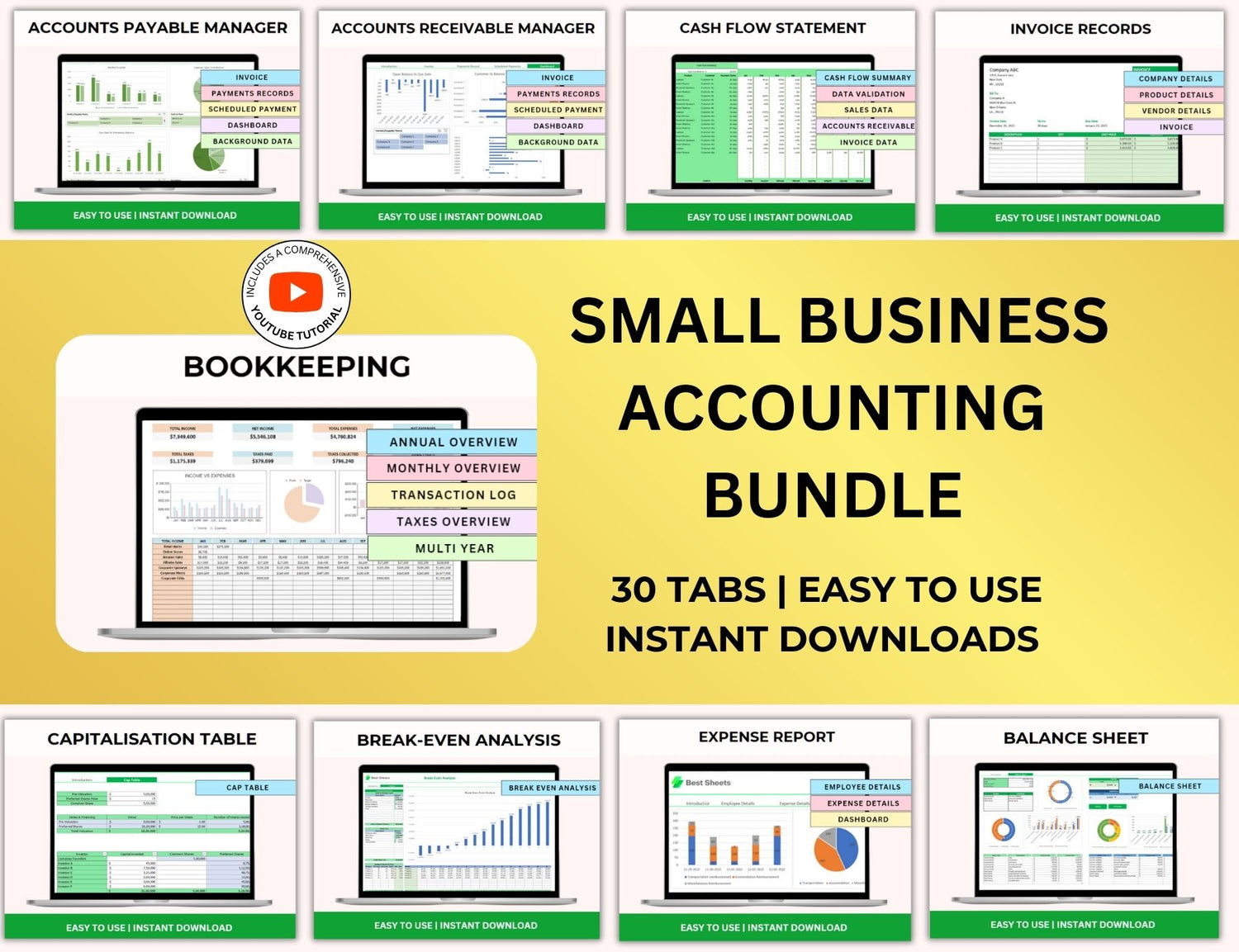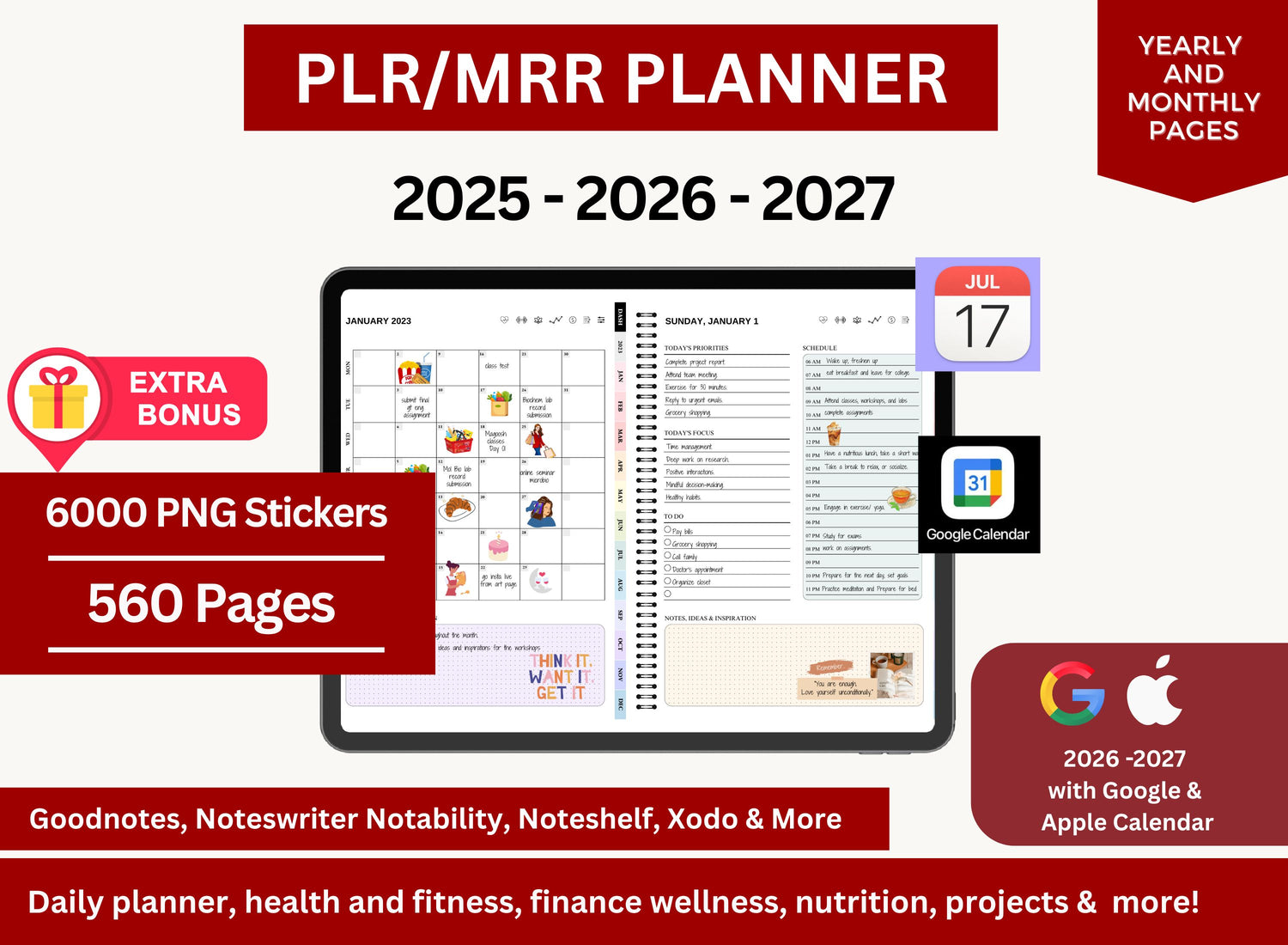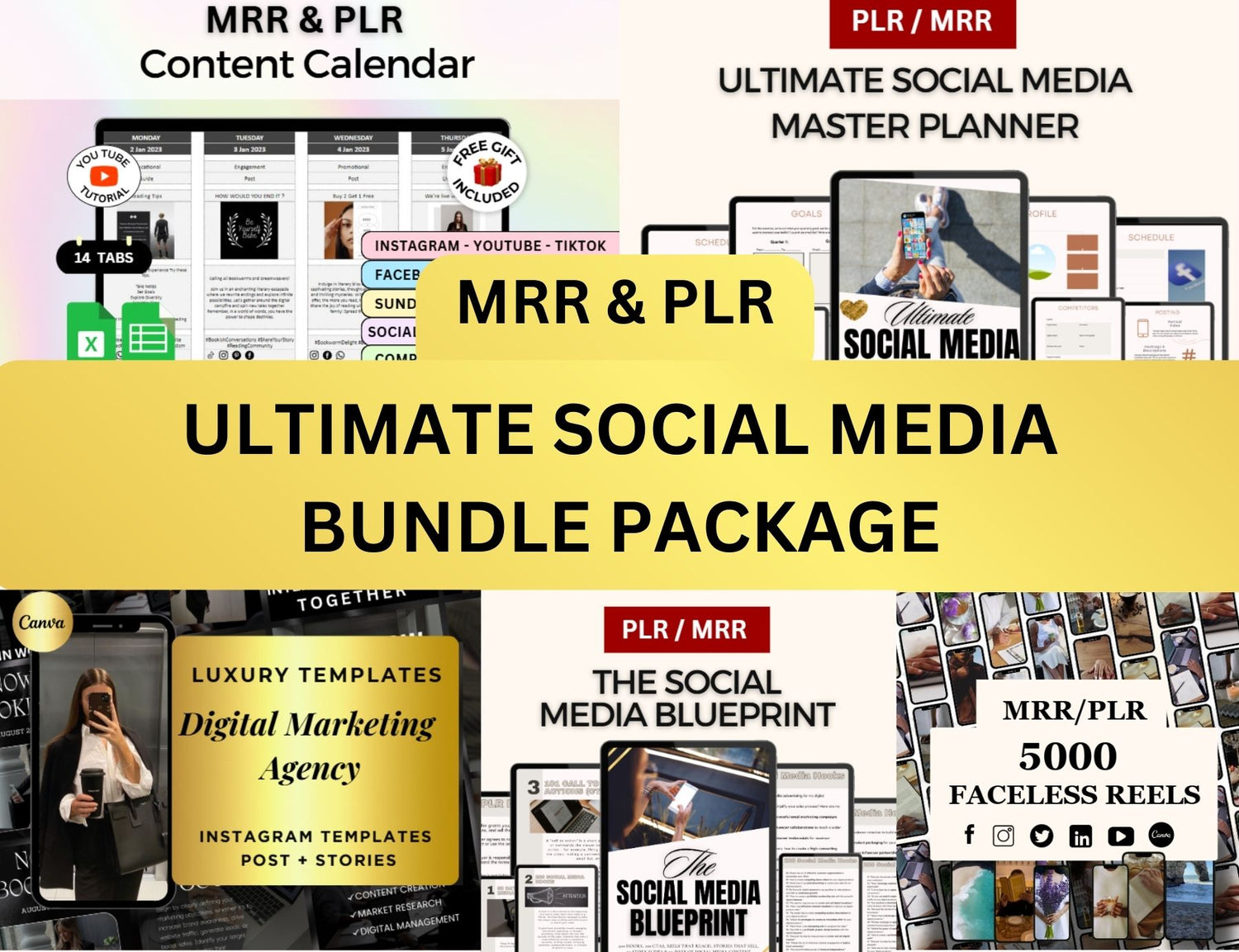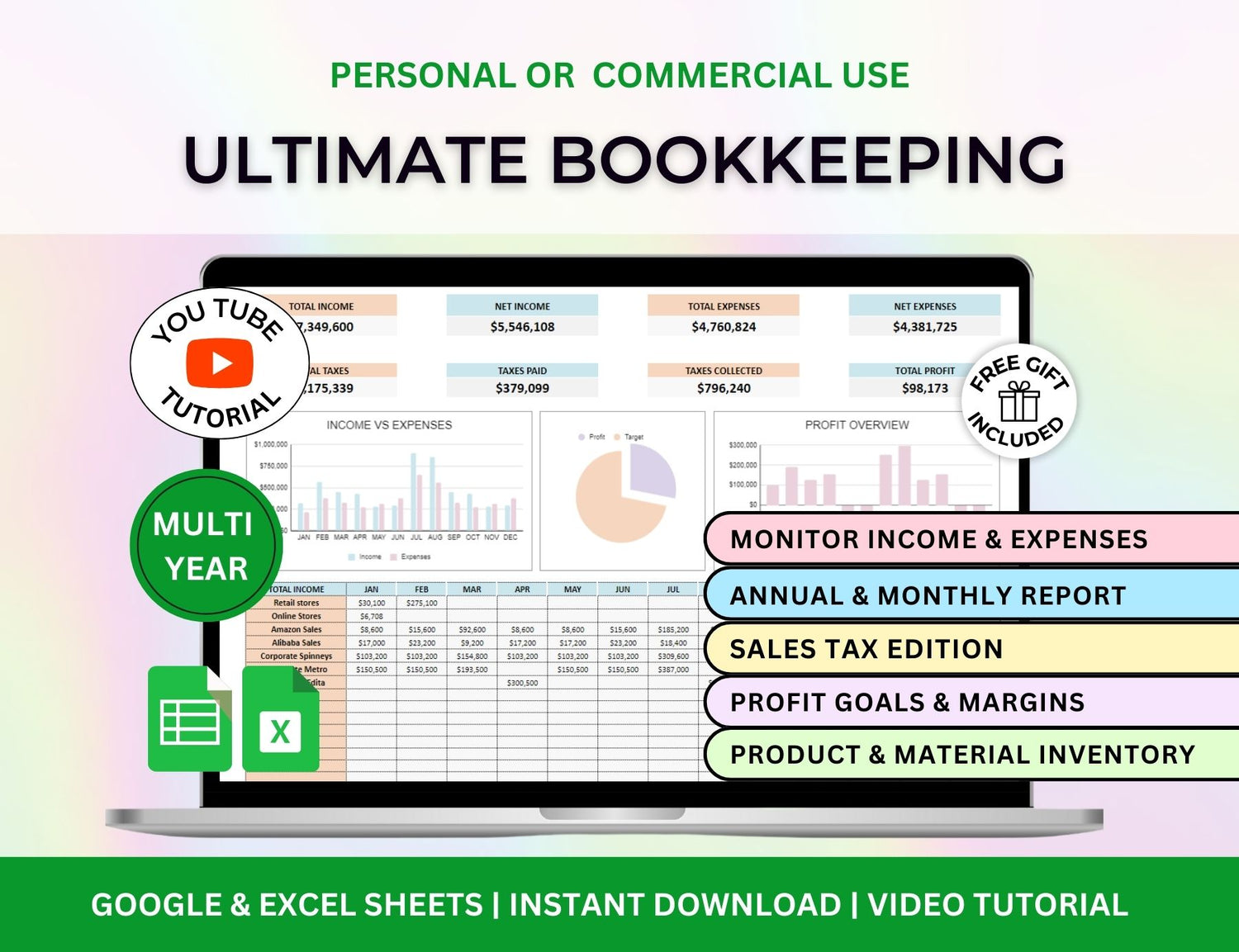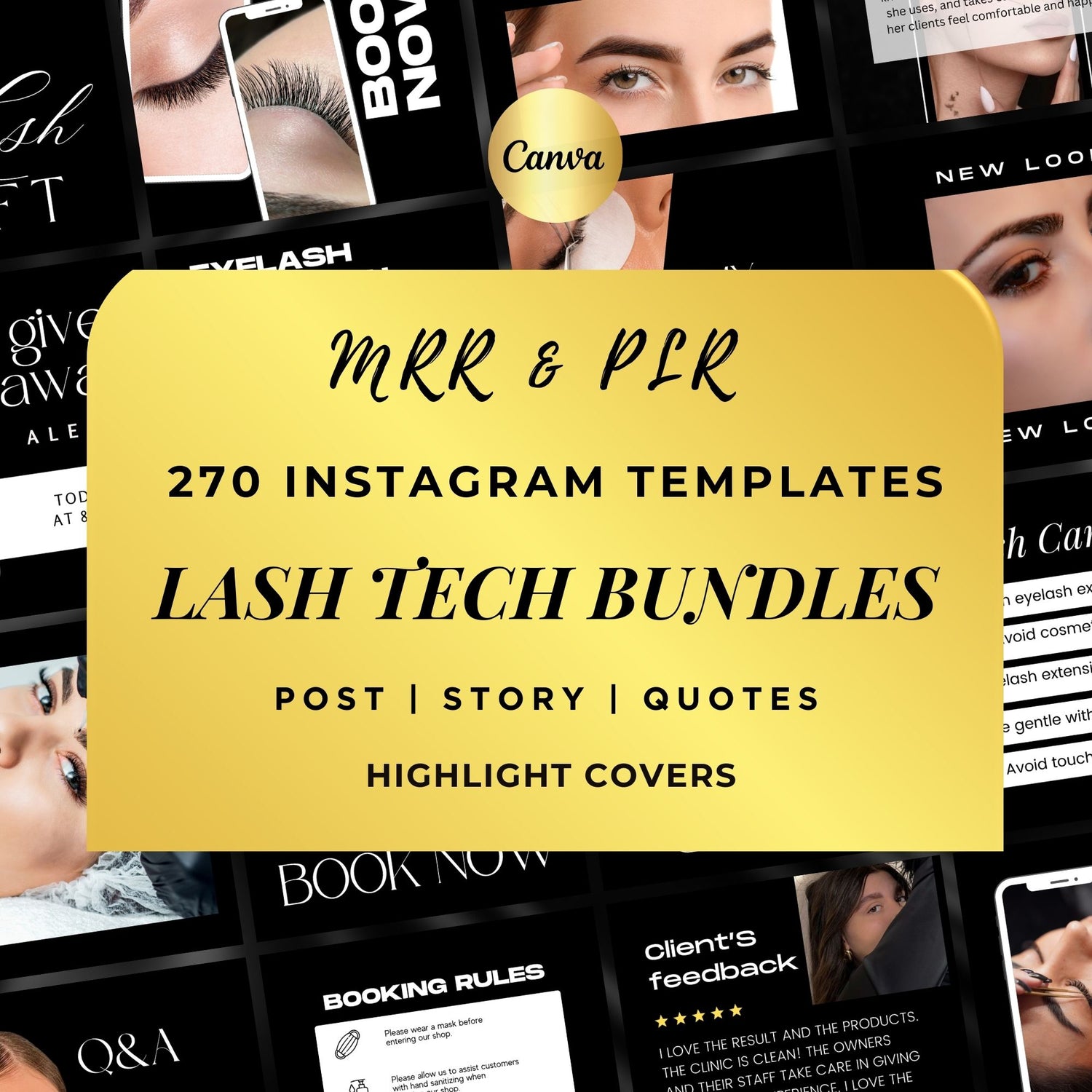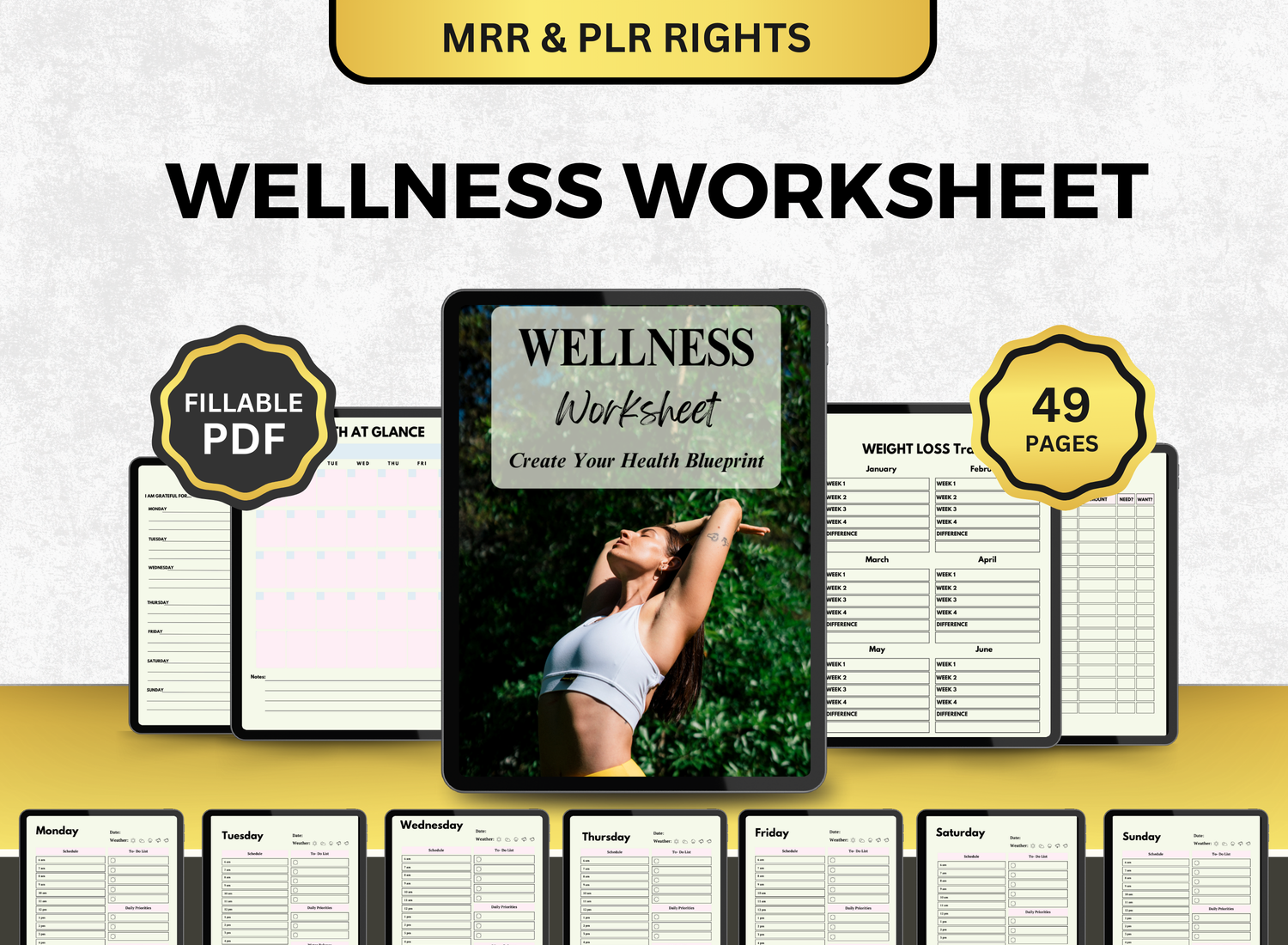Emma Stone Opens Up About Anxiety — And Honestly, It’s So Refreshing
Seeing an Oscar-winning actress like Emma Stone, talk candidly about the complex and ugly reality of having anxiety is extremely reassuring. Perhaps, it's because most times anxiety feels like a silent, hidden fight to many people. Something you manage behind closed doors, often while pretending everything’s fine on the outside.
When a public figure as beloved and seemingly confident as Stone shares her own struggles, it chips away at the stigma. It makes the experience feel just a little less isolating. And honestly? It’s just incredibly refreshing.
Page Contents
☰Emma Stone’s Early Struggles With Anxiety
Emma Stone’s relationship with anxiety isn’t something new she suddenly decided to reveal. She’s been pretty candid about it for years, though maybe not always in the headlines the way it deserves. She first experienced severe anxiety as a young child, something she described in an interview with Rolling Stone as "constant and debilitating."
Stone revealed that she was diagnosed with separation anxiety at just seven years old. (If you're wondering When was Emma Stone diagnosed with anxiety?, that’s your answer — around first or second grade.) In her own words, it felt like her brain was constantly telling her the worst was going to happen.
There’s something almost heartbreaking about imagining a kid feeling that way—completely overwhelmed by fears they can’t quite explain. And yet, it's an experience so many people can quietly relate to.
Based on the National Institute of Mental Health (NIMH), anxiety disorder was found to be in almost 32% of teenagers (13-18 years old). It’s not rare. It’s just rarely talked about in a way that feels human and real, the way Stone describes it.

Source: Encyclopædia Britannica.
How Acting Became a Lifeline
One of the more interesting things Stone has shared is how acting became, unexpectedly, a form of therapy for her. (Not actual therapy, of course—more on that later.)
At age 11, after years of debilitating fear and endless worrying, her parents enrolled her in youth theater. It was there, performing in plays, that she found a space where her anxiety didn’t completely consume her.
In an interview with The Hollywood Reporter, she said, “It gave me a sense of purpose. I could channel my energy into something tangible.”
That idea—that creative outlets can help manage anxiety—isn’t new. Therapists often encourage it. But hearing Stone describe it, you get the sense that this wasn’t just helpful. It was essential. Almost like it gave her a way to exist in the world without drowning in fear.
Of course, acting isn’t a cure-all. (Spoiler: nothing really is.) But finding a passion that could, even temporarily, eclipse her anxiety was a huge step in her journey.
Therapy, Treatment, and What’s Actually Helped
Despite the benefits of performing, Stone has been very clear that she didn’t just "grow out of" her anxiety. Emma Stone's anxiety treatment involved real, structured help—specifically, therapy.
After seeing different therapists over the years, Emma Stone highlights how critical cognitive behavioral therapy (CBT) was in being able to live with anxiety. Actually, CBT is considered to be one of the most effective treatments for different disorders, especially anxiety. This is because this type of therapy centers around challenging and reframing the usual negative thinking patterns that take a hold of one’s life, and teaching them better strategies to cope.
In an interview with Stephen Colbert on The Late Show, Stone once claimed that therapy allowed her to "unravel" her thoughts rather than allowing them to accumulate until they became too much to handle.
And honestly, that description feels pretty spot-on. Anxiety, for many people, isn’t about one huge panic moment. It’s about a slow build-up of what-ifs and worst-case scenarios until you feel trapped by your own mind.
This is why structured tools, like therapy workbooks and mental health worksheets, have become more popular lately. They allow people to organize their thoughts, recognize patterns, and practice healthier responses. For anyone looking for resources, something like mental health worksheets could be a genuinely helpful starting point. It's not about replacing therapy, but about having extra support between sessions—or even before someone feels ready to seek professional help.

Source: Variety.
Dealing With Anxiety In Hollywood
It’s almost easy to forget, sometimes, that actors are still real people. They’re just real people whose bad days and vulnerabilities sometimes happen under bright, glaring spotlights.
Stone herself admitted that Hollywood hasn’t always been easy on her anxiety. Public appearances, awards shows, the endless expectations—it’s a lot. She’s mentioned having panic attacks before red carpets, feeling the walls close in despite knowing, rationally, that she’d be okay.
There’s a strange paradox in being someone who performs for millions but feels immense terror at social situations. And Stone doesn’t pretend she’s conquered that completely.
In fact, she still uses grounding techniques she learned as a kid—deep breathing, visualization, sometimes even simple mantras—to manage her anxiety in the moment. It’s a reminder that mental health management isn’t about "fixing" yourself. It’s about adapting and coping. Over and over.
Why Her Honesty Matters So Much
There’s a tendency—maybe even a pressure—for celebrities to present polished, perfect versions of themselves. Perfect skincare. Perfect workouts. Perfect mental health journeys neatly tied up with a bow.
But Emma Stone doesn’t really do that. She talks about her anxiety in a way that’s messy and nonlinear, the way it actually is. She doesn’t pretend that success or fame somehow erased it.
And that honesty matters. It matters because it tells the kid with separation anxiety, the college student dealing with panic attacks, the 40-year-old quietly battling intrusive thoughts that they’re not broken. They’re just human.
It also quietly promotes the idea that ongoing management—through therapy, coping skills, maybe even tools like therapy workbooks—is a strength, not a failure.
A Few More Thoughts (And Maybe, Some Questions)
You know, it’s easy to write about someone else's anxiety and make it sound like a journey from "struggle" to "triumph." But real life is messier. Emma Stone still has anxiety. She probably always will, in some form. And that’s okay.
Sometimes I wonder if part of what makes her so relatable is that she doesn’t try to be relatable. She just is. She’s willing to say, "Yeah, I’ve accomplished things I’m proud of, but there are still days my brain tries to convince me the world is ending."
Maybe it’s not about reaching some finish line where anxiety disappears. Maybe it’s just about learning to live alongside it. To grow with it, not despite it.
And honestly, that feels so much more realistic—and, strangely enough, a little more hopeful.



